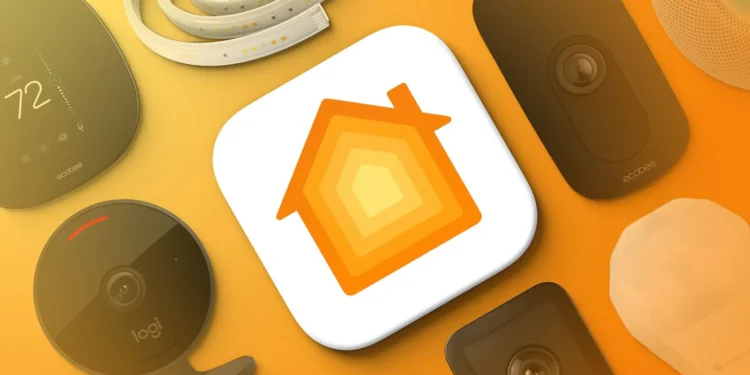In a move that could shake the foundations of the home security market, Apple is reportedly venturing into the development of a new home security product. This innovative endeavour is set to put Apple in direct competition with industry giants like Amazon’s Ring and Google’s Nest. According to sources, Apple’s latest project includes the integration of sophisticated facial recognition technology into smart home locks, signalling a major step forward in the tech giant’s commitment to expanding its footprint in the smart home devices sector.
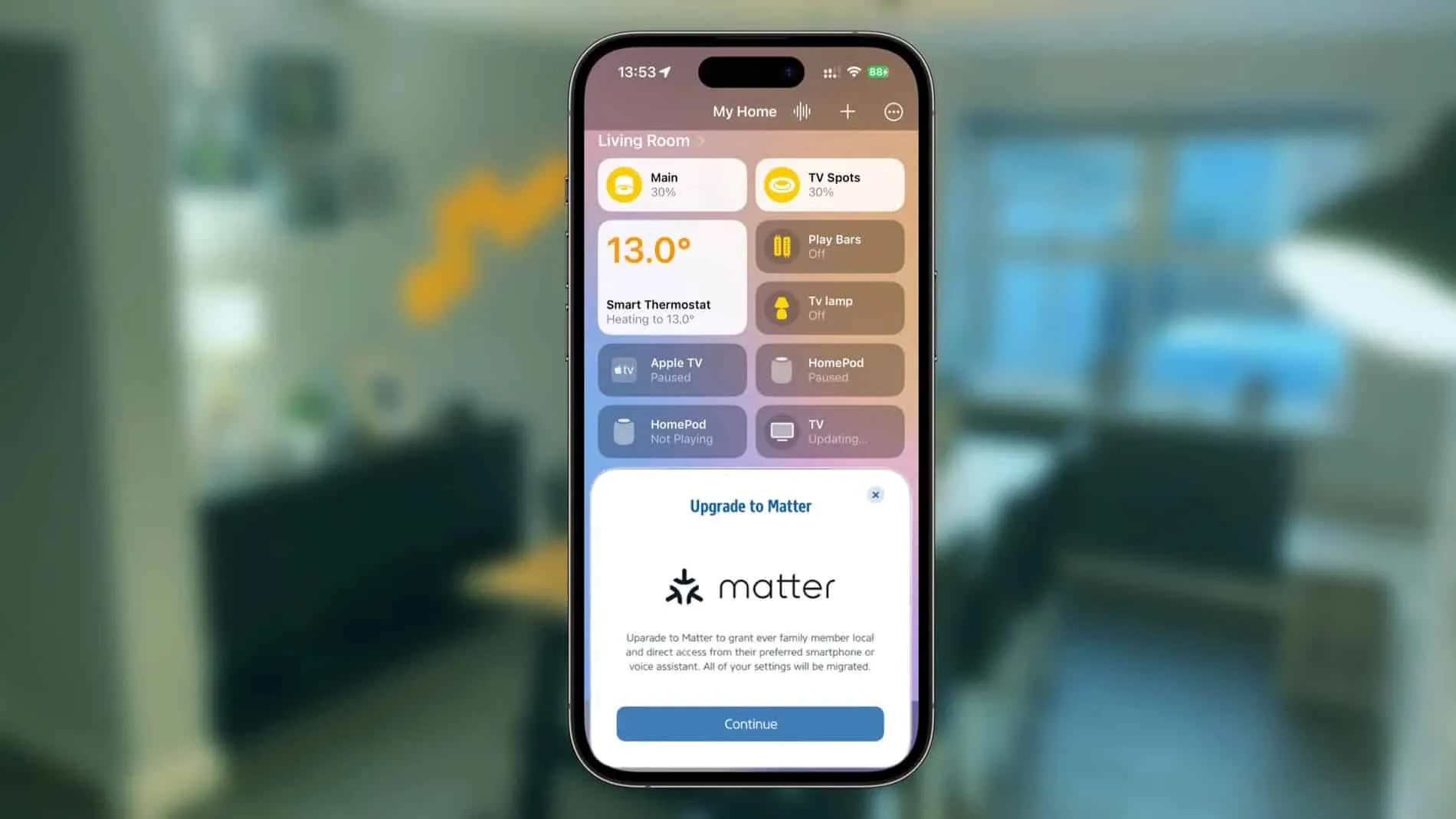
Next-Level Security: Facial Recognition Meets Home Automation
Bloomberg recently unveiled details about Apple’s ambitious project to revolutionize home security. The company is developing a smart lock and doorbell system that utilizes facial recognition technology to allow homeowners to unlock their doors automatically. This system is designed to work seamlessly with existing third-party locks, although there’s speculation that Apple might also collaborate with a specific lock provider to offer a comprehensive, integrated product.
The potential of this technology extends beyond mere convenience; it represents a significant leap in home security. By leveraging facial recognition, Apple’s system could offer a more secure, personalized approach to home entry, minimizing the risks associated with traditional keys or code-based systems.
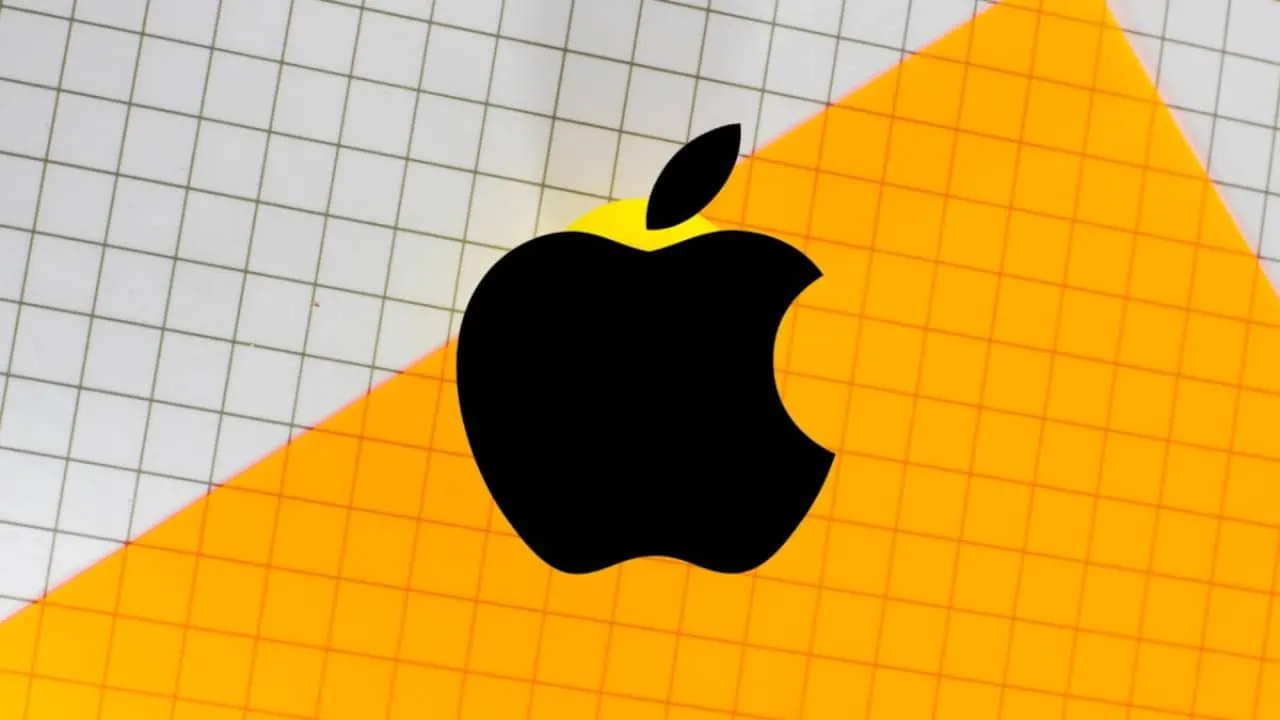
Integrating with Apple’s Ecosystem
The strategic implications of Apple’s new home security product are vast. Not only would this device complement Apple’s existing array of smart home products, including a rumoured AI-powered wall-mounted tablet, but it could also enhance the interoperability within Apple’s ecosystem. Imagine unlocking your door as your Apple Watch recognizes you’re near, or having your iPhone seamlessly communicate with your home’s security system. The possibilities for cross-device synergy are immense, potentially setting a new standard for integrated home technology.
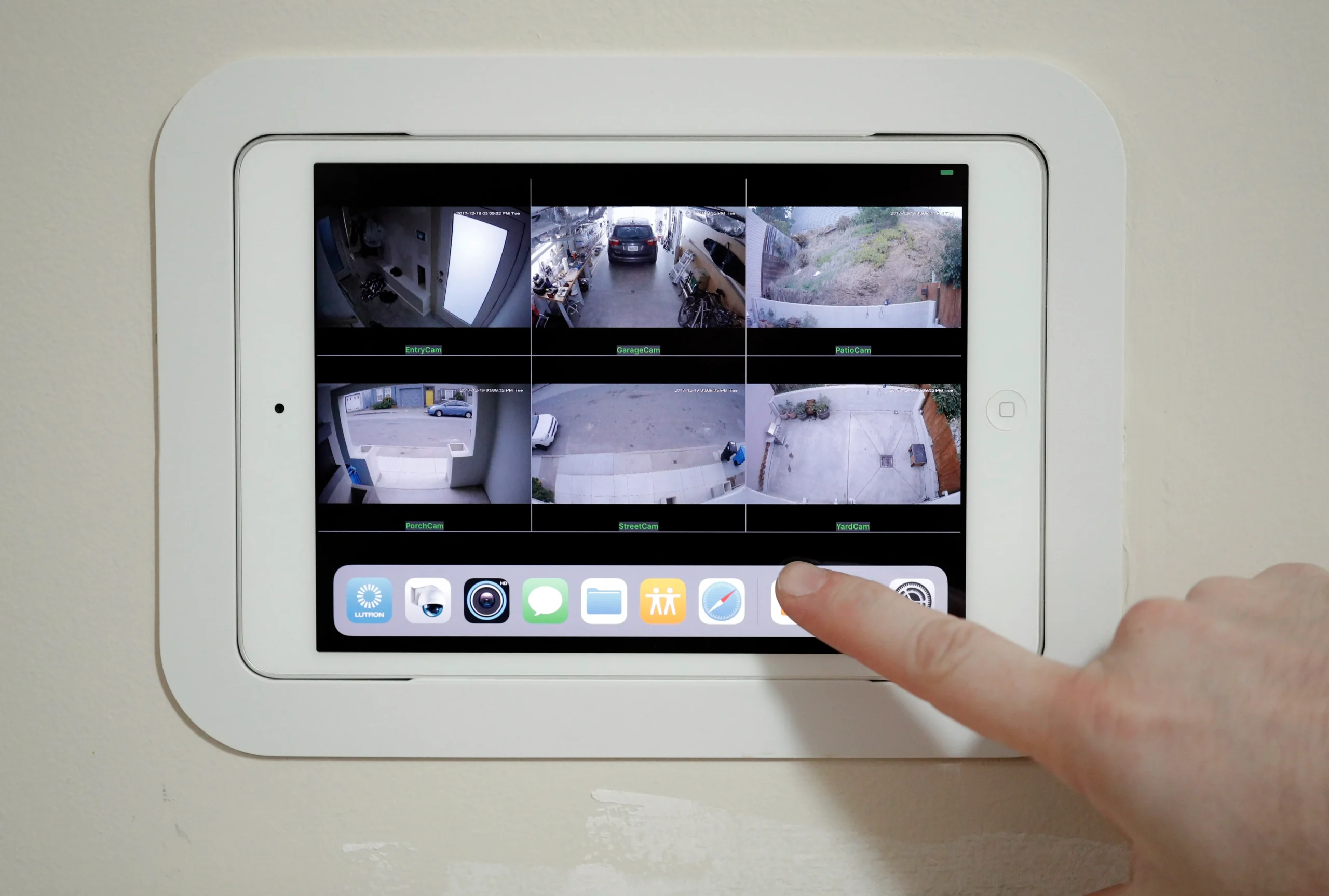
Privacy at the Forefront
Despite the exciting possibilities, Apple’s foray into home security raises inevitable questions about privacy and data security. The tech giant has long championed privacy as a cornerstone of its brand identity, a stance epitomized by CEO Tim Cook’s refusal to unlock an iPhone involved in a high-profile criminal case in 2016. As Apple designs a system that might store biometric data, ensuring the privacy and security of users’ information will be paramount.
The integration of these advanced technologies into everyday life also brings Apple into ongoing discussions about the balance between security enhancements and privacy rights. How Apple navigates these debates, especially in scenarios involving law enforcement requests for data, will be crucial in maintaining its reputation as a protector of user privacy.
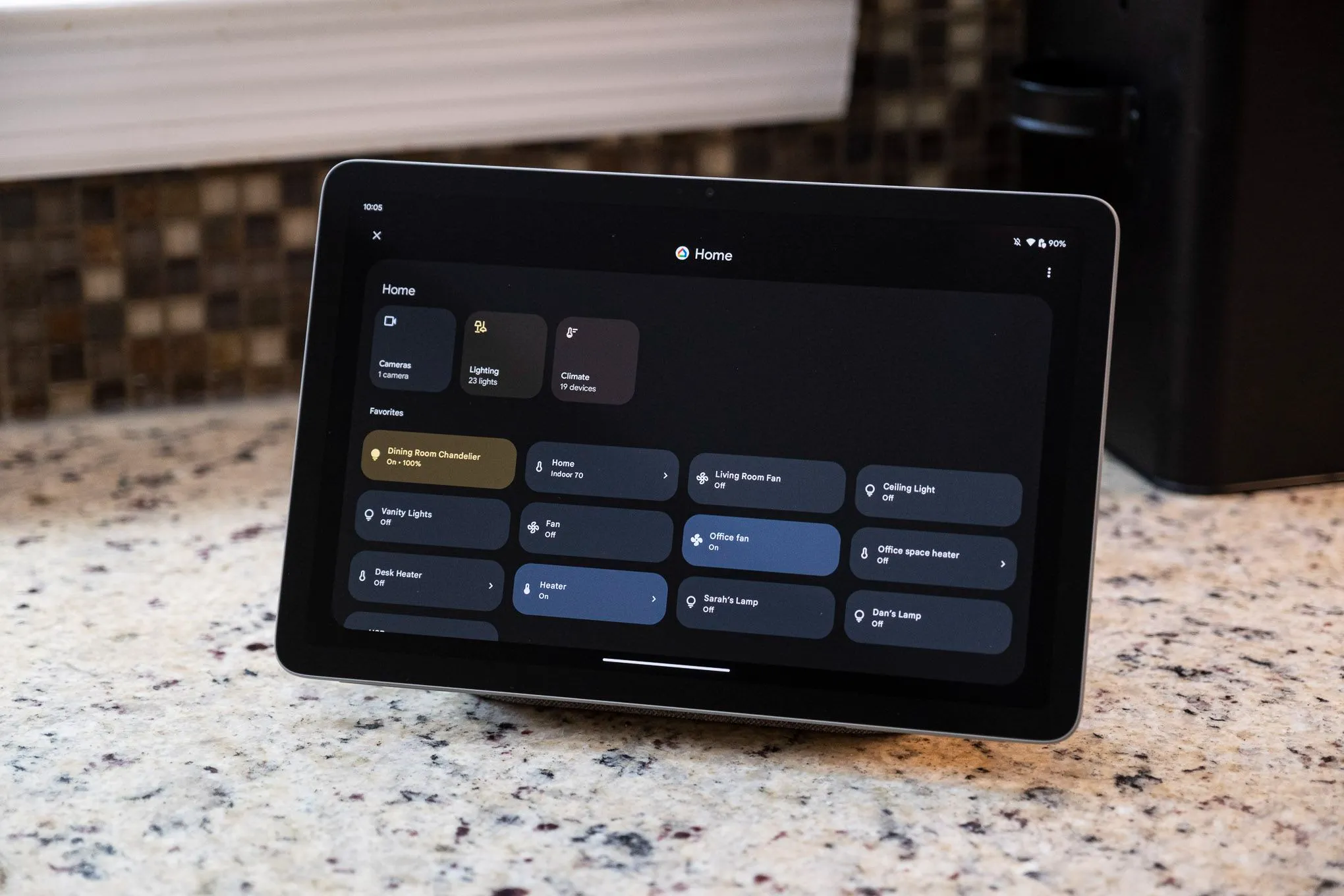
As Apple continues to innovate, the potential impact on the home security market cannot be underestimated. By the end of 2025, when the product is rumoured to potentially launch, Apple could redefine what it means to feel safe in our homes. More importantly, if successful, Apple’s entry into this market could disrupt the current dynamics dominated by Google and Amazon, introducing new standards for privacy and integration in home security technology.
In conclusion, Apple’s exploration of home security products is more than just an expansion of its product line; it’s a bold statement about the future of home automation and security. With its commitment to privacy and a robust ecosystem of devices, Apple is not just entering a new market but is setting the stage to transform it entirely.

